The Rise of Agentic AI: How Autonomous Agents Will Transform 2026
🌍 The Rise of Agentic AI: How Autonomous Agents Will Transform 2026
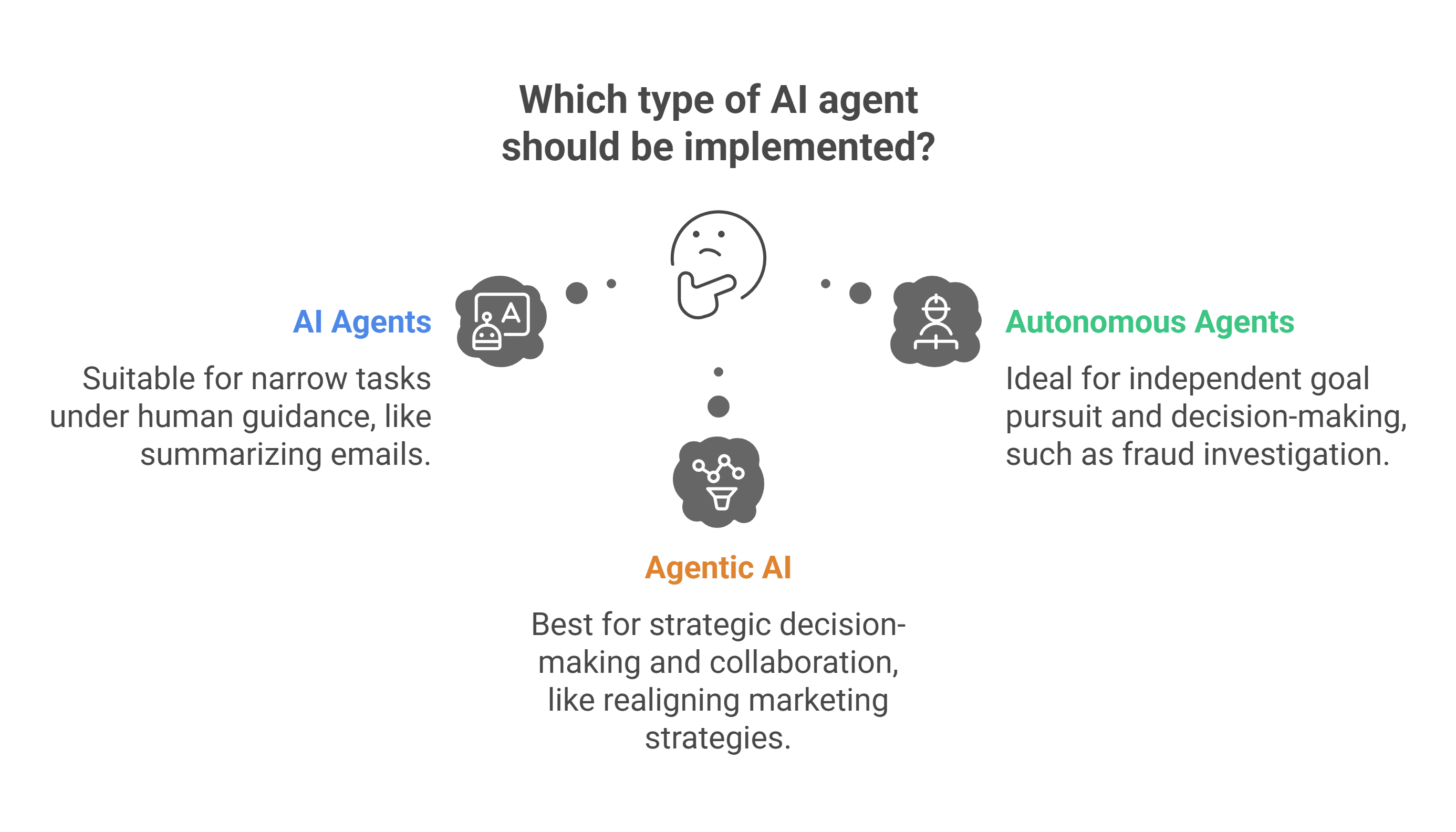
The world of Artificial Intelligence is entering a new era — one where AI doesn’t just assist humans, but acts on its own. Known as Agentic AI or Autonomous Agents, this breakthrough is expected to dominate the tech landscape by 2026, reshaping how we work, code, and even think about automation.
🔍 What is Agentic AI?
Agentic AI refers to self-directed systems capable of planning, reasoning, and executing tasks without constant human prompts.
Unlike typical AI assistants (like chatbots or copilots) that require step-by-step commands, Agentic AIs can:
-
Understand a goal
-
Break it into subtasks
-
Execute and learn from outcomes
-
Adapt to changing environments
Essentially, they behave like digital employees — not just tools.

⚙️ Why 2026 Will Be the Year of Agentic AI
According to reports by Simplilearn and multiple tech think-tanks, 2026 will mark the tipping point for Agentic AI adoption.
Here’s why:
-
Advanced LLMs (like GPT-5) are now capable of multi-step reasoning.
-
AI orchestration frameworks (like LangChain, AutoGPT, and CrewAI) let agents collaborate.
-
Lower compute costs & faster inference make real-time autonomy practical.
-
Enterprises are beginning to integrate agents into workflows — from HR automation to supply-chain management.
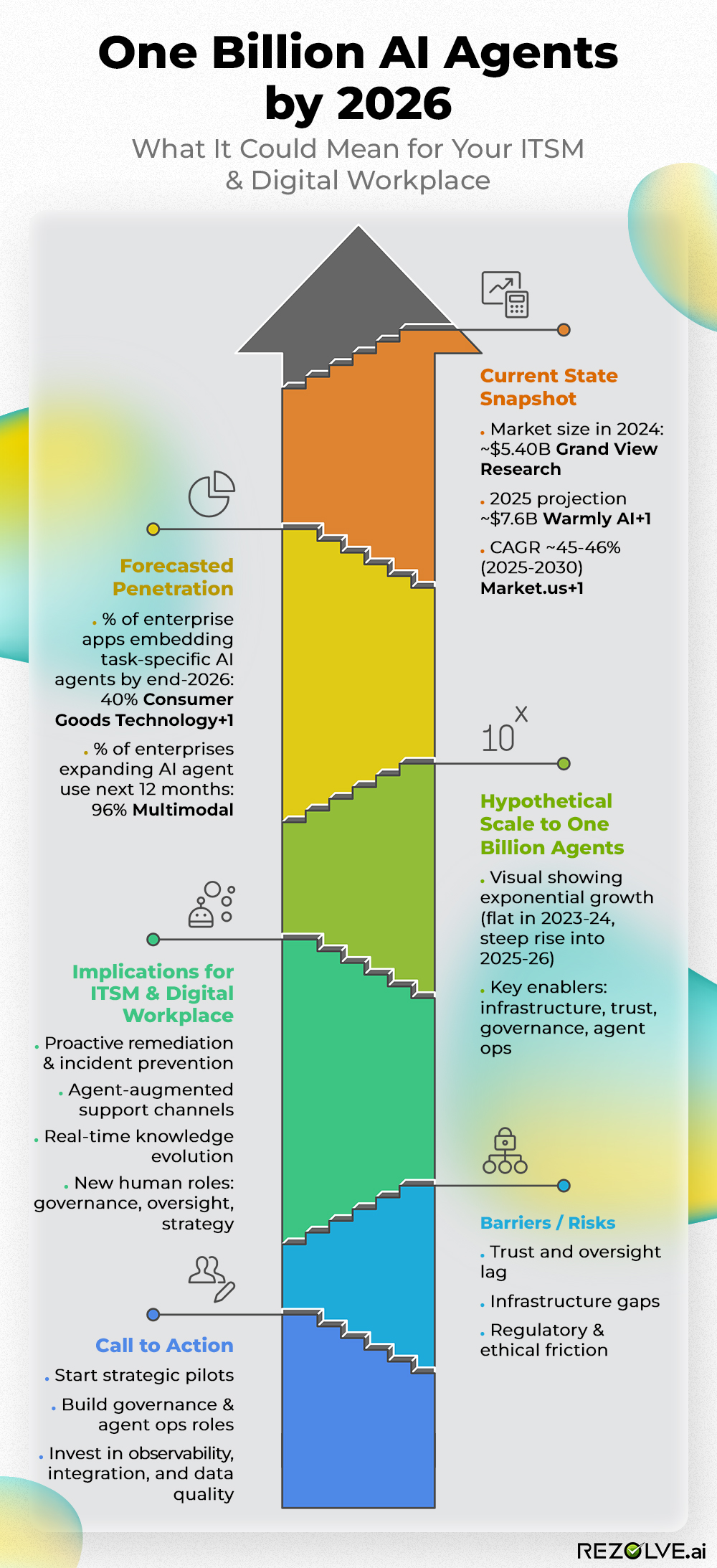
🚀 Real-World Use Cases Emerging
Agentic AI isn’t theory — it’s happening right now.
Here are some early-stage use cases that will soon go mainstream:
-
🤖 AI Employees — bots that autonomously handle CRM, recruitment, and data analysis.
-
🧠 Research Agents — systems that read papers, summarize data, and propose new hypotheses.
-
💼 Developer Agents — tools like AutoGPT write, debug, and deploy code independently.
-
🌐 Web3 & Blockchain — decentralized autonomous agents that govern smart contracts or DeFi strategies.
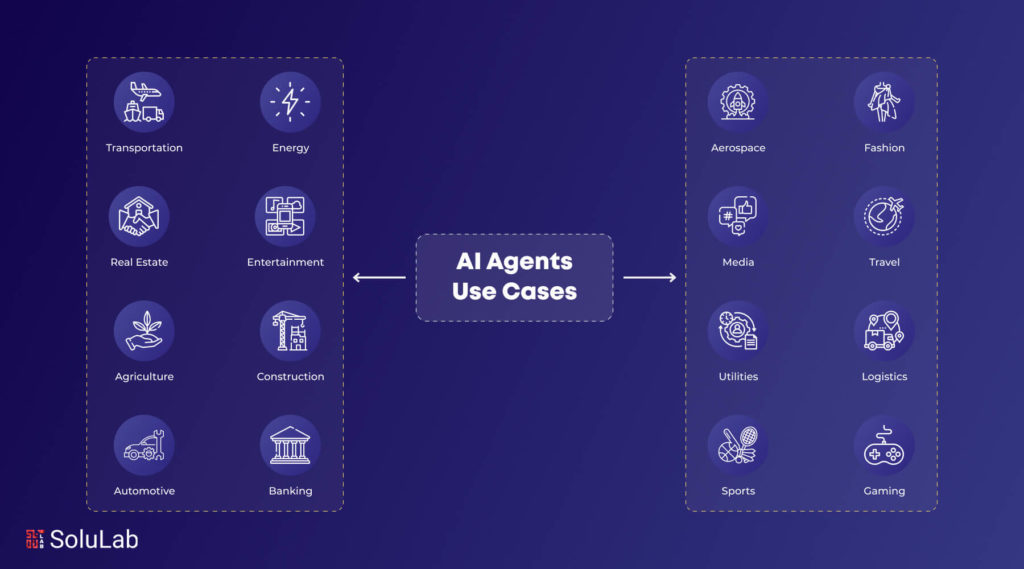
⚖️ Challenges & Ethical Concerns
While the excitement is huge, Agentic AI also brings serious questions:
-
Who is responsible if an autonomous agent makes a bad decision?
-
How can we ensure transparency and traceability of actions?
-
Will this technology replace certain jobs faster than new ones appear?
Regulators worldwide are already drafting AI Responsibility Frameworks to manage these risks — but the pace of innovation is outpacing legislation.
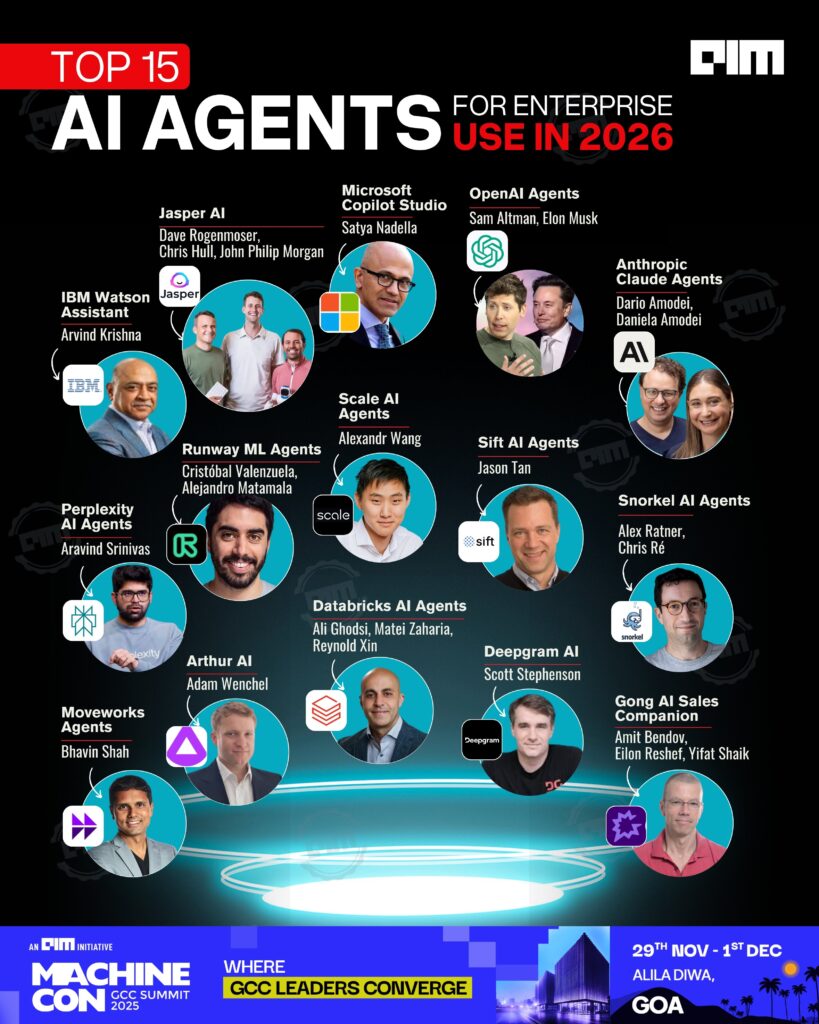
🔮 The Future: A Billion AI Agents by 2026
By late 2026, analysts predict the world will host over a billion autonomous agents across business, gaming, education, and personal productivity.
They’ll form a digital ecosystem where AIs collaborate with each other — not just humans.
For developers, engineers, and innovators, the rise of Agentic AI opens a new frontier: building systems that think, act, and evolve.
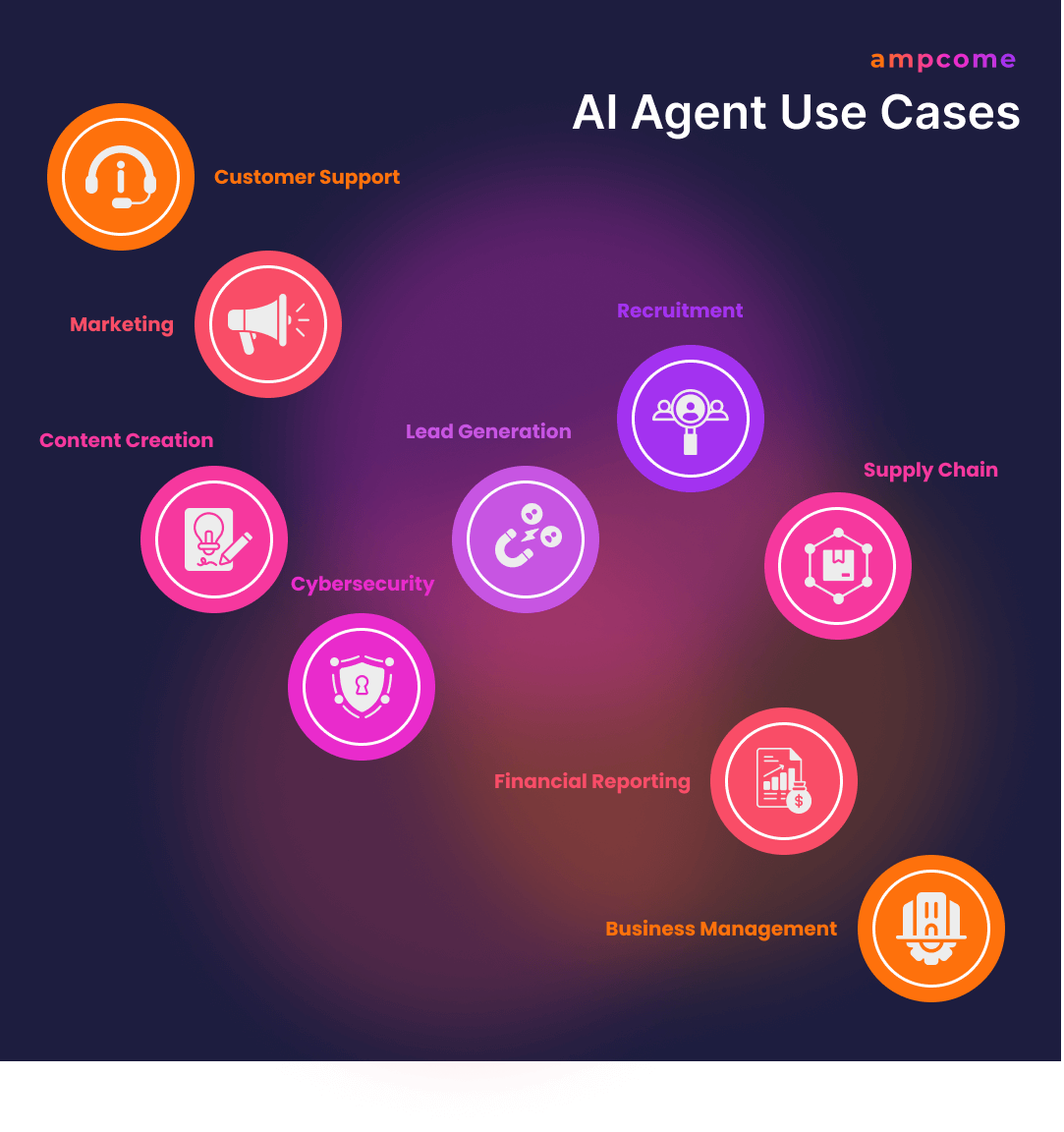
✨ Final Thoughts
2026 isn’t just another year in tech — it’s the dawn of autonomous intelligence.
From smart assistants to self-managing agents, the line between AI as a tool and AI as a collaborator is fading fast.
The question is no longer “Will AI take over tasks?”
It’s “How soon will we start working alongside digital colleagues?”
Comments
Post a Comment